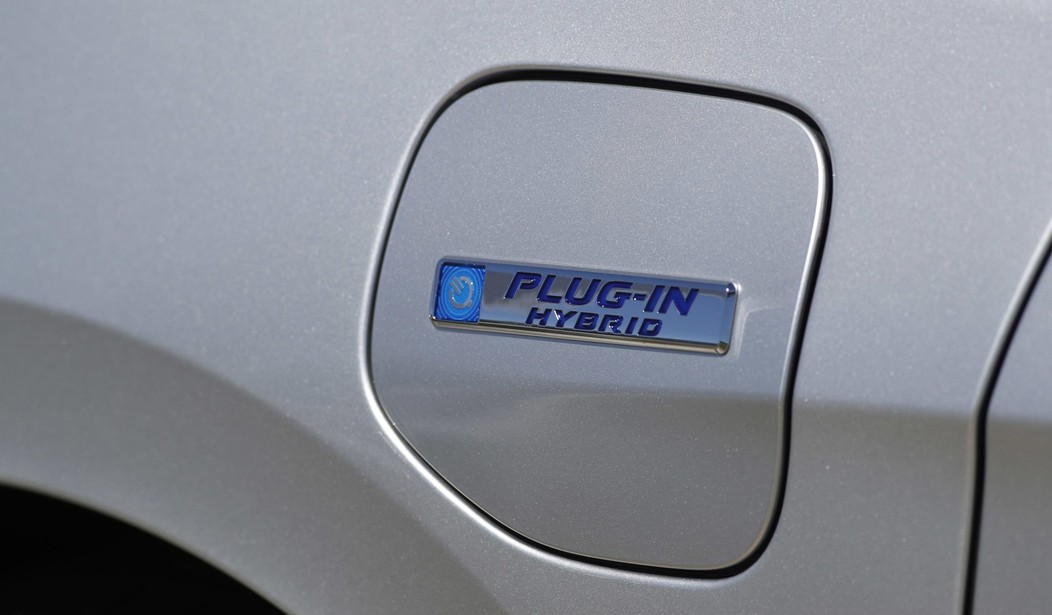What are the odds that the same thing is happening here in the U.S.?
Tens of thousands of plug-in hybrids (PHEVs) bought with generous government grants may be burning as much fuel as combustion-engine cars. Data compiled for the BBC suggests that such vehicles in corporate fleets averaged just 40 miles per gallon (mpg), when they could have done 130.
Many drivers may never have unwrapped their charging cables, The Miles Consultancy said.
Subsidies for new PHEVs were recently scrapped, after seven years. The plug-in grant was introduced in 2011, gifting buyers up to £4,500 off new cars. The incentive helped the UK become the biggest market for PHEVs in Europe. The majority of the tens of thousands of eligible vehicles sold were bought by company fleets, including more than 70% of the 37,000 plug-in hybrids sold so far in 2018.
But data from The Miles Consultancy, a Cheshire firm which advises 300 blue-chip companies on fuel management, reveals that many businesses simply used the grant to save on buying regular cars.
I gather that “hybrids” are supposed to be a transitional step on our way from real cars to soy-latte “self-driving” vehicles suitable for women and small children but nobody else. Still, having recently had several “stop-start” hybrids forced upon me in Europe — in Berlin, of all places! — I say they’re spinach and I say the hell with them. Whoever designed and foisted these wretched vehicles upon a public that was making not the slightest demand for them should be drawn and quartered.
Yes: they’re supposed to be more “energy efficient,” yet another solution that was lacking a problem in the first place.
Mileage records from 1,500 models, including Audi, BMW, Mercedes and Volvo vehicles, showed an average real-world mpg of 39.27, against an average manufacturer advertised mpg of 129.68.
Figures for 2,432 hybrids – including non plug-in varieties – showed an average real-world mpg of 49.06, still vastly lower than the potential range.
“There are some examples where employees aren’t even charging these vehicles up,” said Paul Hollick, The Miles Consultancy’s managing director. “The charge cables are still in the boot, in a cellophane wrapper, while the company and the employee are going in and out of petrol stations, paying for all of this additional fuel. This practice, he added, was “ridiculous”.
The British Vehicle Rental and Leasing Association (BVRLA), which represents many fleets, said higher taxes on diesel cars incentivised companies to buy plug-ins, even if they had no intention of using their electric capability. “We unfortunately have got a situation where a poorly designed tax regime is driving some poor behaviours,” said Toby Poston, the BVRLA’s communications director. “We have got some situations where company drivers are choosing the vehicle based on their tax liability, rather than having the right vehicle for the right job.”
How about that? Liberals never learn. Meanwhile, the rest of us suffer.









Join the conversation as a VIP Member